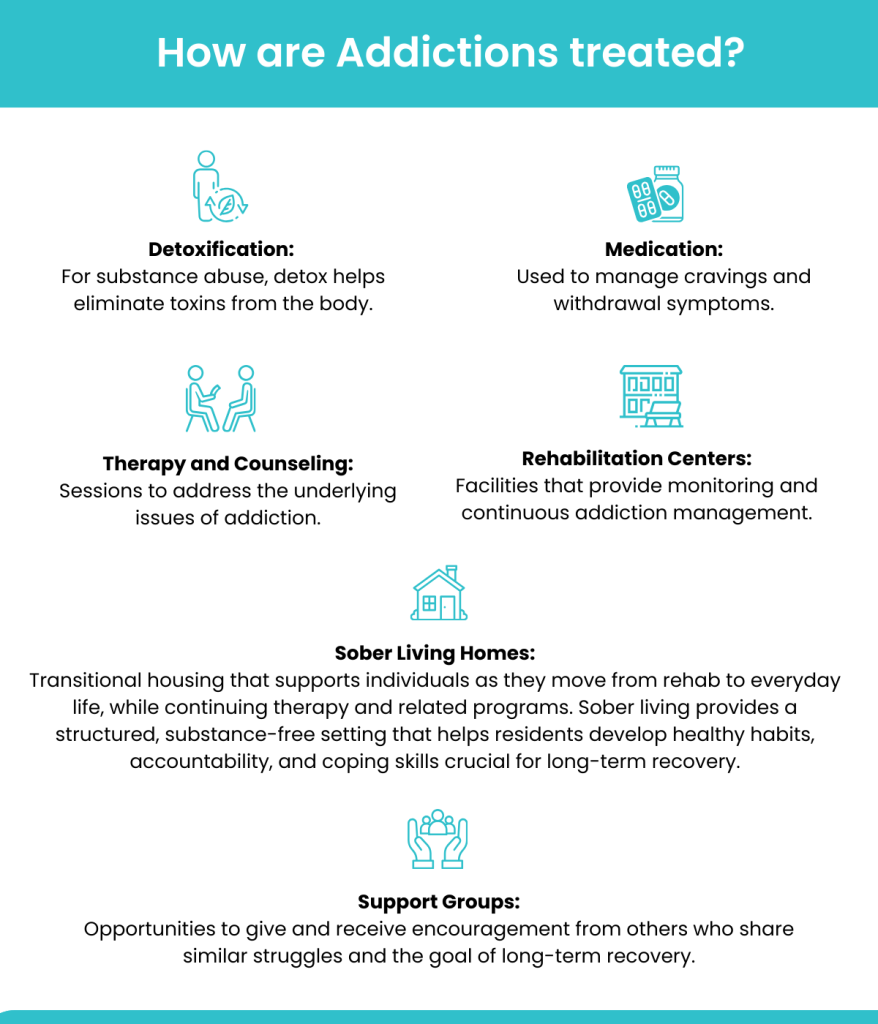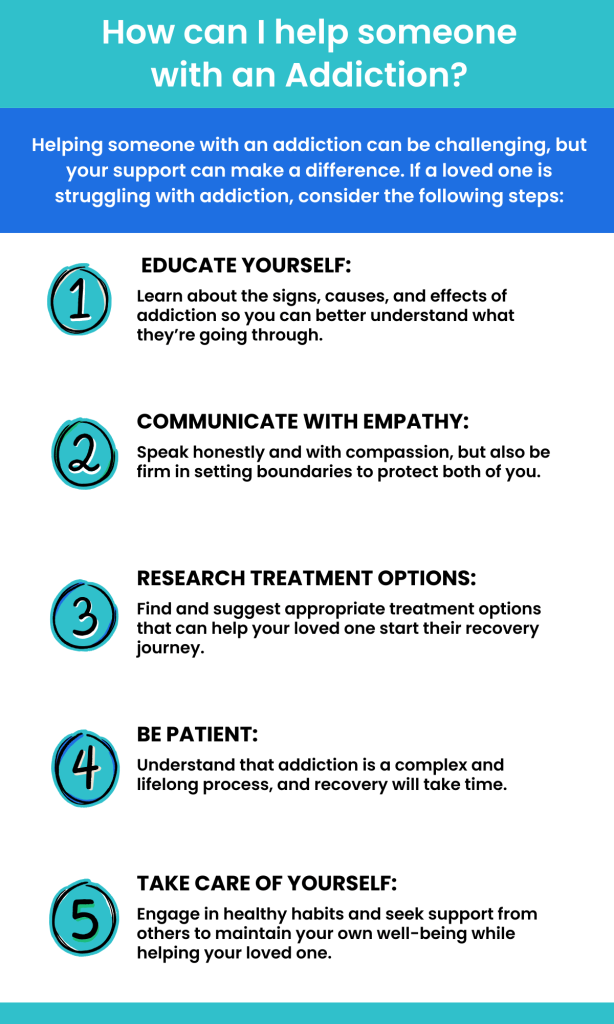Addiction is a chronic disease that changes how the brain functions. It’s marked by a compulsive need to seek out and use substances or engage in harmful behavior, even when they know it’s harmful. It takes away their ability to control themselves. Addiction of any kind, whether it’s cannabis addiction or simply internet addiction, impacts every aspect of their life—physical, mental, and behavioral—often leading to problems in their career, personal life, and relationships.
Addiction is considered a disease, specifically a brain disorder, because the substances or repeated behavior can change how the brain functions. Due to this, a person will lose control over their actions and will continue to pursue their addiction despite the negative impact on their family, personal life, career, health, and relationships.
Addiction can generally fall into two categories: substance addictions and non-substance addictions (also referred to as behavioral addictions).
Substance addiction is the uncontrollable urge to seek and use alcohol or drugs, despite the harmful consequences, which include:
Behavioral addiction is when an individual continues doing activities or engaging in certain behaviors repeatedly despite the negative impact. Common types include:
Both forms of addiction share similar characteristics, including a significant impact on day-to-day living, an inability to control the behavior, and continued involvement despite negative outcomes. Conditions like opioid addiction or fentanyl addiction often follow this pattern, deeply affecting a person’s life. While there are differences in treatment methods, counseling, support groups, and, in some cases, medication are often combined.
Alcohol use disorder (AUD) is the most common substance addiction, according to the 2023 National Survey on Drug Use and Health (NSDUH), affecting 28.9 million people aged 12 and older, or about 10.2% of that age group. This includes 16.8 million males (12.1%) and 12.0 million females (8.3%).
Similarly, gambling is the most common non-substance addiction, recognized as a mental disorder by the Diagnostic and Statistical Manual of Mental Disorders (DSM-5).
Early detection of addiction symptoms allows for immediate intervention, potentially preventing the condition from worsening and increasing the likelihood of successful recovery. Understanding the causes of addiction, whether it’s behavioral or drug addiction like ketamine addiction, also aids in providing effective treatment and personalized care.
These are the common signs and symptoms of addiction:
The specific cause of addiction can be challenging to determine. It is a complex condition that can be caused by several factors, such as:
Addictions are diagnosed through various methods. For substance abuse, drug screening is typically the first step, using urine, blood, saliva, or hair follicle samples. Heroin or Cocaine addiction is often identified through these tests, helping professionals understand the severity of substance use.
In the case of non-substance or behavioral addictions, such as gambling or porn addiction, specific assessments and interviews are conducted. Following the initial diagnosis, the individual is usually referred to a counselor, psychologist, or psychiatrist for further evaluation and treatment.
Addiction treatment can vary, but it often includes counseling, therapy, and medication. Common treatments for addiction include:

There are many treatment options and support available for addiction. Whether it’s substance use disorder like hallucinogen addiction, or non-substance or behavioral addictions like social media addiction, with the right interventions, such as therapy, counseling, support groups, and medication, addiction can be effectively treated. While it is a challenging journey, recovery is very much possible.
Helping someone with an addiction can be challenging, but your support can make a difference. If a loved one is struggling with addiction, consider the following steps:
Learn about the signs, causes, and effects of addiction so you can better understand what they’re going through.
Speak honestly and with compassion, but also be firm in setting boundaries to protect both of you.
Find and suggest appropriate treatment options that can help your loved one start their recovery journey.
Understand that addiction is a complex and lifelong process, and recovery will take time.
Engage in healthy habits and seek support from others to maintain your own well-being while helping your loved one.

Bridges Sober Living Apartments offers a peaceful and inviting atmosphere that is perfect for those who are seeking sobriety. Our sober living home gives the residents the opportunity to build lasting relationships with other members of our community.












